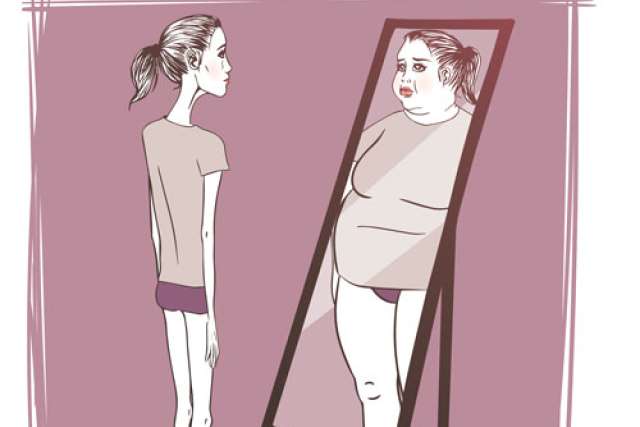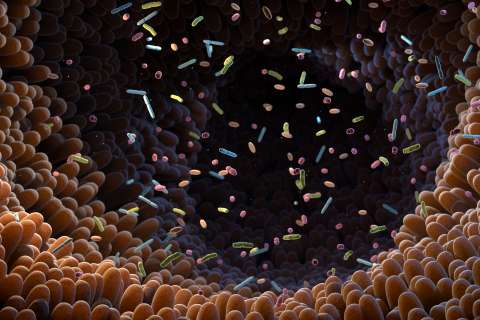Eating disorders can affect every age, gender, race and socioeconomic group. In youths and young adults, the incidence of eating disorders is more than 5 percent for females and 1 percent for males.
You can’t tell from looking at someone that they have an eating disorder. It is important to pay attention to the subtle signs and clues to help identify unhealthy eating in your pre-teen, teen or young adult.
Types of eating disorders: anorexia, bulimia and binge eating
Some kids may not have the classic symptoms of a specific eating disorder. Instead, they may show signs from several disorders. The most common eating disorders include:
- Anorexia nervosa: Having a distorted body image that results in self-starvation accompanied by considerable weight loss or lack of appropriate weight gain in a growing kid
- Bulimia nervosa: A cycle of binge eating followed by behaviors like vomiting to undo the effects of binging
- Binge eating disorder: Eating a large amount of food in a short time, followed by feelings of shame or guilt at having done so
- Avoidant restrictive food intake disorder (ARFID): Pickiness surrounding the amount or types of food consumed without body image consequences
Because people tend to experience eating disorders over extended periods of time, they run the risk of serious health consequences. This is especially true for growing bodies. Some common health concerns are:
Heart health
Inadequate calorie consumption can lead to a breakdown of muscle as the body uses its own tissue for fuel. The heart is the most important muscle in the body and when it doesn’t have the fuel it needs it cannot function properly, increasing the risk of blood pressure concerns and heart failure.
Digestive health
Disordered eating habits can affect normal digestive function and cause potentially life-threatening problems like malnutrition, intestinal obstruction or esophageal perforation.
Brain health
The brain uses up to one-fifth of the body’s calories to function. Without proper nutrition, it doesn’t have the energy it needs. That can result in difficulty concentrating, seizures or numbing of extremities.
Hormone health
The body uses fat and cholesterol to make the hormones it needs to function. Deficient hormone levels can cause irregular or halted menstruation, bone loss and increased risk for fractures.
Warning signs of an eating disorder in the young
Frequent dieting is a known risk factor for developing an eating disorder. Other risks include:
- Rigid thinking style, a tendency towards perfectionism or obsessive-compulsive behavior
- Anxiety or depression and problems with emotional regulation, or a family history of the same
- Prejudice about ideal body size and weight
- Having a close family member with a diagnosed eating disorder
- Food intolerances or allergies that contribute to picky or restrictive eating (e.g., celiac disease)
- Type 1 diabetes
There are physical signs you as a caregiver can watch for if you are concerned about your tween, teen or young adult. They include:
- A change in eating habits
- Dramatic weight loss or lack of weight gain in a growing child
- Change in bowel habits or frequent, vague abdominal pain
- Dizziness, chest pain or feeling cold more often
- Menstrual irregularities
- Frequent illnesses and significant fatigue that interferes with normal activities
Help with eating disorder
If you’re concerned your loved one is at risk for or is experiencing an eating disorder, use these guidelines:
- Pay attention to your instincts; they are most often correct. Start documenting specific concerning behaviors.
- Find a quiet time to sit down with the adolescent or young adult to share your concern.
- Don’t expect your teen to agree with your concern. In fact, be prepared for an angry or tearful response.
When you need help, reach out to your loved one’s primary care physician and request a consultation with a registered dietitian who has experience with eating disorders. Getting support from a behavioral therapist who specializes in disordered eating is also important because the medical and psychological aspects of this disease are closely linked.
Treatment can be very effective, especially when started early. It can even reverse some of the negative health consequences of disordered eating. To learn more, visit the UCLA Eating Disorder Program website.



